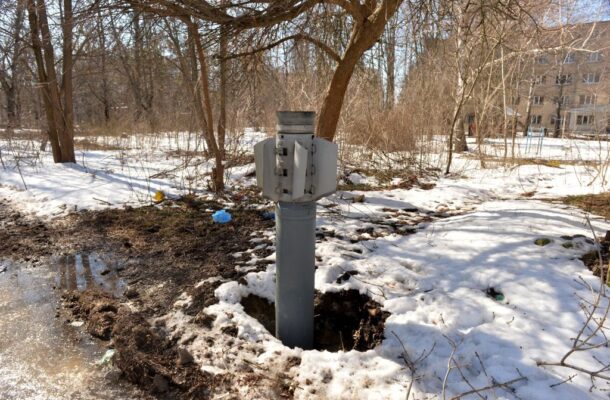Ukraine needs tanks, planes – and cluster bombs

US President Joe Biden’s decision to supply Ukraine with cluster munitions has drawn criticism from a strange collection of folk—some members of Congress, groups such as Human Rights Watch, a number of countries including fellow NATO ally Spain, and of course Russia.
There is no doubt that the legacy effect of cluster munitions in conflict, particularly for the civilian populations who face years of threat from the bomblets that fail to explode, is real. One needs only to look at the use by Israel of such munitions in South Lebanon during its month-long conflict with Hezbollah in 2006 to see just how long-lasting the impact can be.
Indeed, their use in Lebanon was one of the reasons why a Cluster Munitions Convention was enacted in late 2008 prohibiting the use, transfer, production or stockpiling of such munitions. It has been signed by more than 100 countries (but not by the US, Russia or Ukraine).
Legally, then, there’s nothing to stop Washington from providing such munitions to Ukraine or to stop Ukraine from using them. And it seems perverse that Ukraine should be criticised for wanting to use such munitions against Russian invasion forces when those very invasion forces have been using them for more than a year against Ukraine.
Until now, Kyiv’s partners have been reluctant to provide such munitions given their sensitivity. But Biden explained that stocks of conventional 155-millimetre artillery ammunition can’t keep up with Ukrainian demand, a fact acknowledged by NATO Secretary-General Jens Stoltenberg in June.
The Ukraine counteroffensive against well-prepared Russian defences has been slow. That was to be expected—without air cover Ukrainian ground forces can only rely on ground-based fires to support their assault. And if there’s insufficient 155-millimetre high-explosive ammunition to provide covering fire for the assault force, then cluster munitions are necessary to reduce Ukrainian casualties.
Faced with this reality, it’s little wonder that Ukrainian ground forces are firmly of the belief that the tactical advantage that such munitions convey is worth the long-term cost of cleaning up the unexploded ordnance after. In a battle for a nation’s survival, you do what you must to win.
The use of cluster munitions with their relatively high failure rate will undoubtedly leave Ukraine with a generational threat to the civilian population of unexploded ordnance. However, that threat will be there regardless of whether the weapons are fired or not. A year and a half of at times intense conventional warfare has meant that all types of unexploded ordnance litter the battlefield.
And months of Russian preparation of defensive positions with extensive use of anti-personnel and anti-armour mines means that that pernicious subsurface threat will likely have a greater effect on the population than failed cluster bomblets for years to come. You can be sure that the Russians, even if they did record their minefields, won’t be in any hurry to hand that information over to the Ukrainians after hostilities cease.
Biden has gained written assurances from Ukraine that the munitions won’t be used in civilian or built-up areas or against Russian territory. And Kyiv would be alert to the negative consequences to it from both Washington and the broader international community if it were to transgress this guarantee.
It is all well and good for the Spanish defence minister, Oleksii Reznikov, to tell the press, ‘No to cluster bombs and yes to the legitimate defence of Ukraine, which we understand should not be carried out with cluster bombs’, but she might have a difficult time convincing a Ukrainian company commander about to assault a Russian defensive position established in Bakhmut exactly why she thinks he shouldn’t use them in his own country to cover that assault.
Rodger Shanahan is a Nonresident Fellow at the Lowy Institute. A former army officer, he had extensive service within the Parachute Battalion Group (PBG) and has had operational service with the UN in South Lebanon and Syria, with the PBG in East Timor, in Beirut during the 2006 war, and in Afghanistan.













